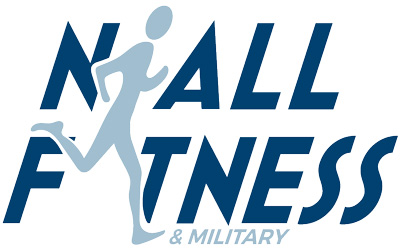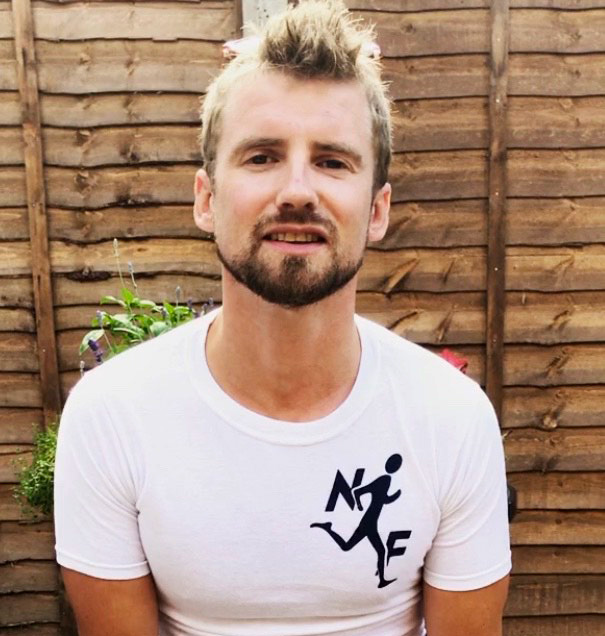The Importance of Recovery in Fitness
Recovery is often overlooked, but it plays a crucial role in reaching your fitness goals. Whether you’re a beginner or an experienced athlete, proper recovery helps repair muscles, restore energy, and reduce the likelihood of burnout or injury. In our training sessions, we push your body to its limits, but it’s during the rest period that the real progress is made. That’s why, as your personal trainer in Teddington, I emphasise the importance of rest in my programs.
Without adequate recovery, you may find it harder to progress, experience fatigue, and even risk injury. Together, we’ll create a balanced approach to ensure that your body has the time it needs to recharge after each session.
Active vs. Passive Recovery
Recovery isn’t just about sitting still and waiting for your muscles to repair. There are two primary types of recovery: active and passive. Both play an essential role in your fitness journey.
Active Recovery
Active recovery involves light activities such as walking, stretching, or low-intensity exercises like yoga or swimming. These exercises improve circulation and help deliver nutrients to the muscles to speed up repair. I encourage clients to incorporate active recovery days into their fitness routines to promote faster muscle recovery and flexibility.
Passive Recovery
Passive recovery is all about rest—this includes getting quality sleep, using techniques like foam rolling, or simply taking a day off to let your body recover fully. A key part of my personalised programs is teaching you how to listen to your body and understand when it needs full rest. As your personal trainer, I will guide you on when to incorporate both types of recovery into your training schedule.
Nutrition and Hydration: Supporting Recovery
In addition to exercise, what you consume plays a vital role in your recovery process. After a challenging workout, your body requires proper nutrients to rebuild muscle tissue and replenish energy stores.
I provide tailored nutrition advice based on your specific needs and goals. A balanced meal post-workout that includes protein, healthy fats, and carbohydrates is essential for muscle recovery and growth. I also recommend staying hydrated throughout the day to maintain muscle function and joint health.
With the right balance of food and water, you’ll not only feel more energised but also see quicker progress in your training. My meal plans are designed to fuel your body efficiently, ensuring that your recovery process is optimised.
Rest Days: Why They Matter
Rest days are just as important as workout days. They allow your muscles to rebuild and come back stronger, preventing overtraining and the accompanying risks such as injury or exhaustion. I always include rest days in your customised fitness plan to ensure you’re not overloading your body.
During our sessions, we will discuss how often you need rest days based on your fitness level and goals. The more intense your workout regime, the more essential these rest days become. This is where personalised training shines—together, we’ll find the right balance that works for your body, ensuring that you recover fully between workouts.


